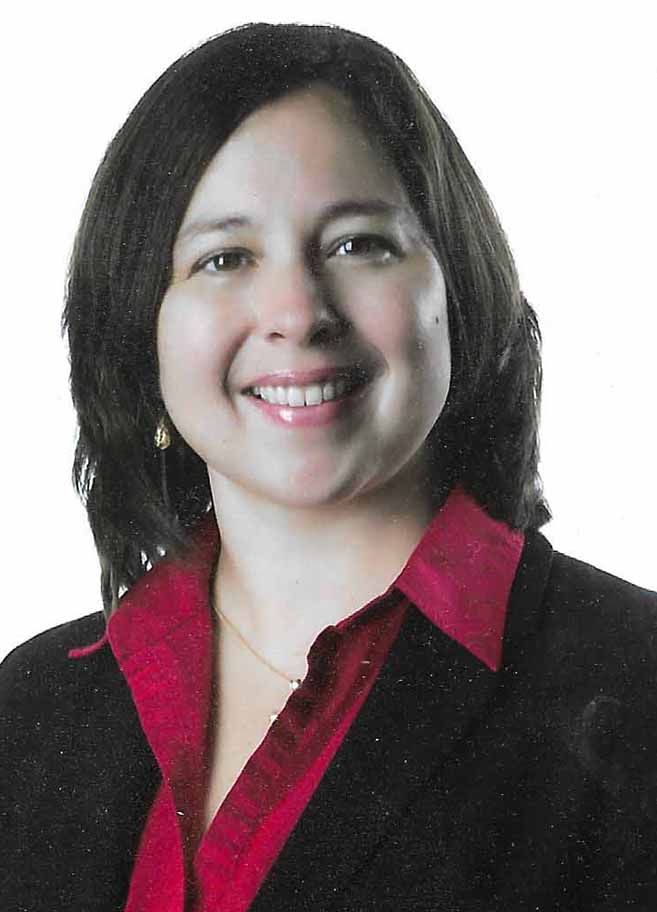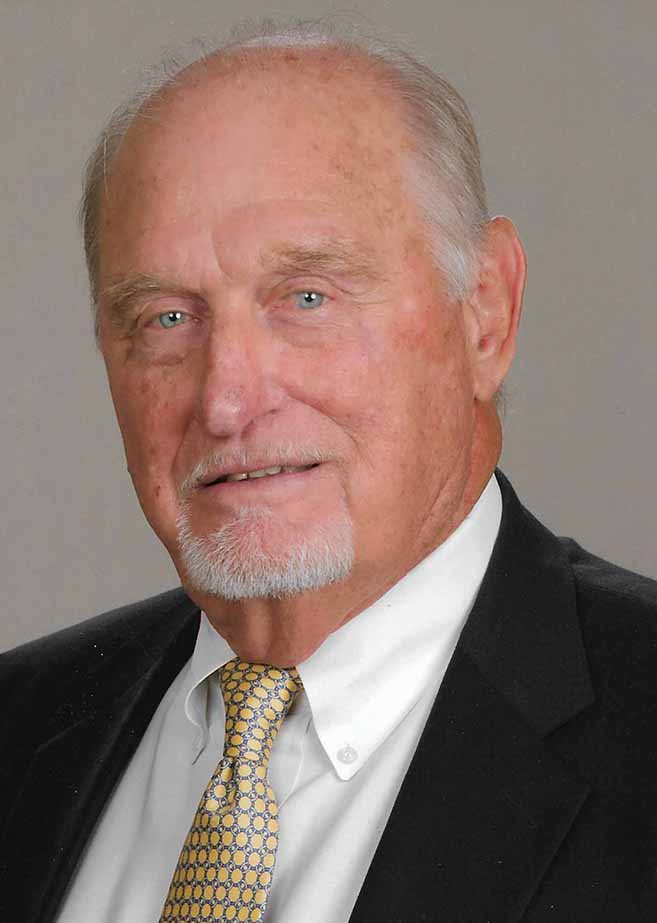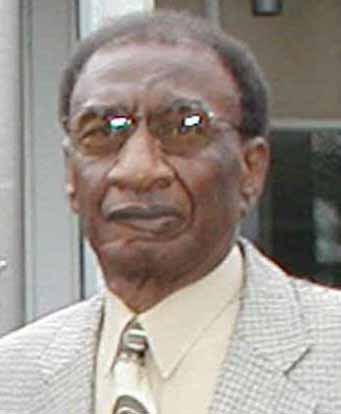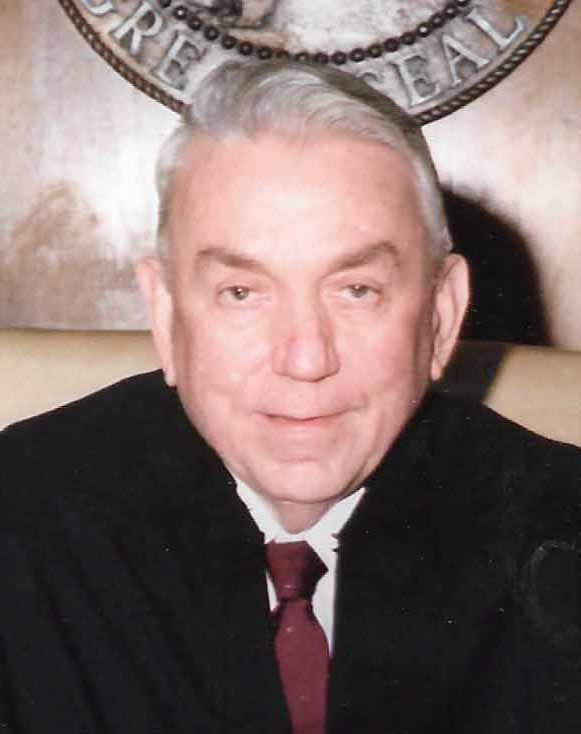The 2023 Atmore Hall of Fame induction ceremony is this Saturday, May 6, 6 p.m., at The Club on Highway 21. A meet-and-greet time will be held from 5:30 to 6, but everyone is asked to be seated by 6.
Tickets for the ceremony (which includes the catered meal) are $25 each.
Please note the following:
- Everyone must have a ticket to attend, this includes children. No one without a ticket will be admitted.
- Tickets will NOT be sold at the door. Since this is a catered meal, attendance numbers will have already been provided to the caterer.
- Cash or check only accepted for tickets. No credit or debit cards.
You may get tickets at the Atmore News office, 128 S. Main Street. Tickets are available through Wednesday, May 3.
The committee will honor 12 inductees. Due to the number, those accepting awards are asked to keep their comments brief.
Committee members are Billy Conn Madison, Charlotte Boyle, Larry Forney, Ann Gordon, Anthony Marshall, Dr. Ullysses McBride, Mal McGhee, Sherry Digmon.
Last week, Atmore News published bios for inductees Stanley Childress, Sara Davis, Rayford Gohagin, and Willie J. Grissett.
Lori Madison Stinson

Lori Madison Stinson, the Attorney General and Chief Legal Officer for the Poarch Band of Creek Indians, grew up in Atmore and has made it her home most of her adult life.
She graduated from Escambia Academy in 1995 as valedictorian of her class. At EA, she played on a state championship tennis team and won a doubles state championship with her sister.
After high school, she attended Samford University, graduating summa cum laude in 1995. At Samford, Ms. Stinson walked on the varsity tennis team and eventually lettered in varsity tennis.
She was inducted into numerous honor societies, including Phi Kappa Phi, Kappa Delta Pi, Alpha Lambda Delta, Omicron Delta Kappa, Kappa Omicron Nu, and Hypatia; named to the Trans America Athletic Conference allacademic team; and admitted into Samford Athletic Department’s Highest Honors Club for her academic achievements as a student athlete.
While in college, she worked for local attorneys Robert H. Maxwell and Shirley D. Darby during school breaks. They inspired her to pursue the practice of law. Ms. Stinson attended Thomas Goode Jones School of Law, where she continued to excel academically, graduating at the top of her law school class in 2003.
Ms. Stinson met her husband, Brad, in law school, and they practiced together in Enterprise until 2007, when she came home and began working for the Tribe in their in-house legal department.
In January 2014, Ms. Stinson was hired as the Attorney General for the Tribe. As AG, she leads the enrollment department and a team of in-house attorneys who provide legal services and representation to the Tribe, the Tribal Council, and the Tribe’s entities, including Tribal Government, PCI Gaming Authority (d/b/a Wind Creek Hospitality), and Creek Indian Enterprises Development Authority. Being AG has given her opportunities to testify before a Congressional committee on behalf of the Tribe; draft tribal, state, and federal legislation; assist with the Tribe’s litigation; and manage the Tribe’s appellate issues in tribal, state, and federal courts, including the United States Supreme Court. Ms. Stinson is most proud that she has played a part in protecting her Tribe’s lands and sovereignty.
She is a member of the Poarch Band of Creek Indians, a 2000 graduate of Leadership Atmore, and a member of First Baptist Church of Atmore.
Ms. Stinson is the widow of Brad Stinson. She has two daughters, Bradleigh Anne and Bailey Catherine. She is the daughter of Billy Conn and Shirley Madison.
Billy (Bill) Herman Vickery

Bill Vickery was born in McCullough, Alabama, in his grandfather’s farmhouse to Andrew L “Buddy” Vickery and Anna Ruth (Wise) Vickery.
Growing up, Mr. Vickery lived in Huxford, Freemanville, Canoe, and Atmore. He graduated from Escambia County High School in 1960. In 1961, at the age of 18, he signed a bonus contract with the Washington Senators/Texas Rangers. He was a member of that organization as a player, player coach, and interim manager for the following nine years. Also, during this time, he attended Troy State University and served in the Alabama National Guard and Army Reserves from 1960 to 1968.
At ECHS, Mr. Vickery lettered four years in baseball, three years in basketball, and two years in football. He was named Most Athletic at ECHS his senior year and All Conference (Rebel Conference) in football, basketball, and baseball. He received Honorable Mention All-State in football for two positions and had college scholarship offers to play football, basketball, and baseball.
In his professional baseball career, Mr. Vickery signed a bonus contract with the Washington Senators/Texas Rangers in 1961 and was a member of the organization for nine years; was selected to three All-Star Teams; was named Burlington, N.C. Senators most valuable player; reached the AAA level as a player with the Buffalo Bison; was asked to coach in Anderson, S.C. in the Western Carolina League; and resigned after declining the opportunity to coach in the minor leagues in 1971. He was released by the Texas Rangers in 1982 at the age of 40.
In adult sports and activities, Mr. Vickery played on State Championship Tennis teams in South Carolina, Alabama, and Oklahoma; won the state and southeast region championship tournaments for the Anderson, South Carolina: won Nation Championship in Philadelphia; was runner up in Oklahoma Closed State Championships; won other local tennis tournaments in doubles and mixed doubles; and started playing golf at age 62, has one hole-in-one and a handicap of 14.
Mr. Vickery continues to be involved in sports as a youth coach, taking basketball teams to state championships and baseball teams to regional championships, and he currently coaches his grandsons’ baseball and soccer teams.
He married Jean Ann O’Leary in 1968 and had two daughters, Shannon Leigh and Erin Lynne.
He is a brother to Lou Vickery, who was inducted into the Hall of Fame; Priscilla Vickery Wilder; Rita Vickery Miller, whose husband Earl was inducted into the Hall of Fame; Sheryl Vickery; and Dianna Vickery Carlin.
John Henry Watkins Jr.
February 17, 1928 – January 10, 2008

The Honorable John Henry Watkins Jr. served his city in community activities and events and at the Atmore City Council table.
He was employed with Monsanto (Solutia) Textile and Chemical Plant for 31 years.
Mr. Watkins was a faithful member of Gaines Chapel AME Church where he was a member of the Trustee Board, serving as chairman from 1999 until his death. He was a member of the Adult Men Sunday Class and organized the first male chorus at the church.
Mr. Watkins was a veteran of the United States Army.
Some of his accomplishments include City of Atmore Mayor Pro Tem; City Councilman District 2; Chairman, Atmore Planning Board; Chairman, Escambia County Quality Assurance Committee, 1995-2008; member, Atmore Lions Club, president, 2000-2001.
On the Atmore City Council, Mr. Watkins always made sure his constituents were well represented at the council table. Even prior to his election, he was active in the community.
One of his good friends was Sam Jones, former mayor of Mobile. Mayor Jones had this to say when Mr. Watkins passed away: “John was a great man. He really loved this community and did a lot for this community. He would often call me about coming over to functions in Atmore. He really wanted Atmore to be a great city, and I think he contributed to it being that.”
The late Howard Shell was the last mayor Mr. Watkins served with on the council, having also served with Mayor Patricia McKenzie.
On Mr. Watkins’ passing, Mayor Shell said, “John was well liked and respected throughout the state. He had many friends in Montgomery through all the agencies the city interacts with. John served as chairman of our Planning Board and worked very closely with South Alabama Regional Planning Commission. He will be greatly missed.”
Mr. Watkins was diagnosed with cancer in 2000. Despite years of treatments, he was at the City Council table whenever possible.
He and his wife Veola had three children – Brenda, John III, and Roderick.
Douglas S. Webb
November 25, 1921 – June 16, 1999

Judge Douglas S. Webb was born in 1921 to Dr. Alfred Pellar Webb and Ida Stewart of Atmore. Judge Webb always had a strong work ethic. In high school, he worked in Albert’s Cafe on Main Street and for the Frisco Railroad as an agent. He delivered the Tuscaloosa News to work his way through The University of Alabama.
Judge Webb served six years in the Air Force during World War II as a Captain. After earning his Law Degree from The University of Alabama, Judge Webb practiced law with Frank Horne. During this time, he made several trips to Washington, D.C. to lobby for the Alabama Creek Indians to be federally recognized as a Native American tribe. In 1983, the U.S. Department of Interior’s Bureau of Indian Affairs extended government-to-government relations with the Poarch Band of Creek Indians.
In the 1960s Judge Webb served in the Alabama Senate where he fought for citizen rights – preventing Alabama taxes from being raised, opposing a banking bill which would have hurt individuals, and having a special Senate acclamation for Alabama author Harper Lee’s novel, To Kill a Mockingbird. He won all battles.
Judge Webb served as Circuit Judge more than 22 years unopposed until he retired due to health reasons. He represented Monroe, Escambia, and Baldwin counties. He was respected statewide as a scholar of the law, honest, ethical, a Christian, principled, and man of uncompromising character.
Endorsement from Frank Gregory, Director of Office of Administrative Courts during Judge Webb’s time on the Bench:
“It is my pleasure to support the induction of Judge Doug Webb into the Atmore Hall of Fame.
When I picture what a judge should be, I think of Judge Doug Webb. He was fair, keen of intellect, patient, and hard working. Overall, he had an abiding love of the law.
“The circuit caseload handled by Judge Webb included domestic, complicated civil, and criminal cases and was made even more difficult by the presence of a major prison in the county. For many years, Judge Webb was the only circuit judge in Escambia County. In spite of the demanding caseload, Judge Webb would often take cases in surrounding circuits when judges were forced to recuse themselves.
“When the circuit judges met annually, there was one constant. When Judge Webb spoke, his colleagues listened. He was well thought of for his knowledge of the law by his peers. That esteem alone speaks volumes.”
